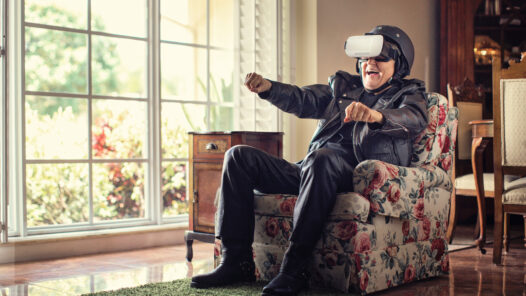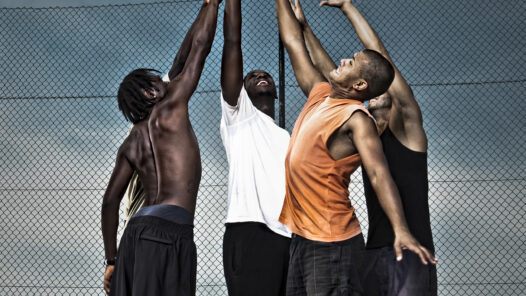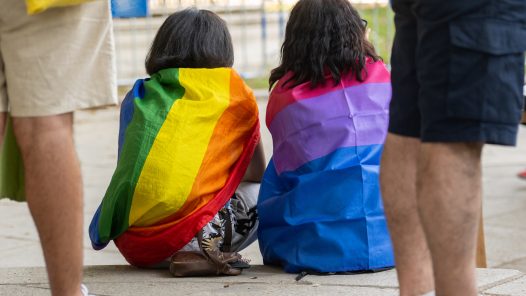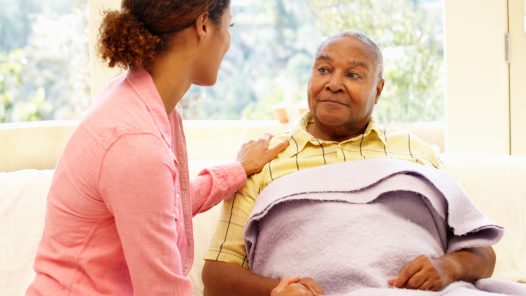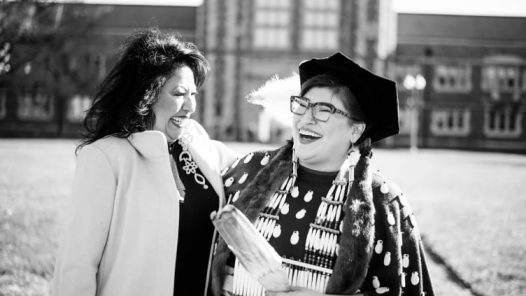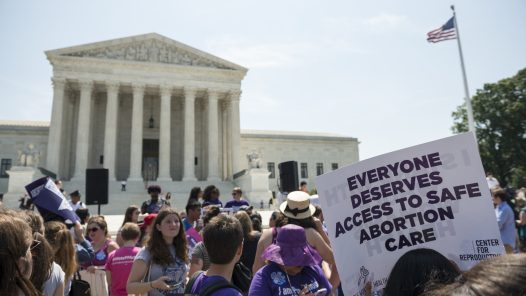“They absolutely loved it. The small group of older adults that we took on that experience, they wanted more. ... They felt tech savvy, because they were using [VR]. It also gave them a choice. Where do you want to go today? What would you like to...
“This is an incredible opportunity for a social worker to show up. And when we do, because of how we are uniquely trained, things get better. Because we do see the person and environment context, and we're not just thinking about remediation of...
"We are talking about a field that likes to tout its ethics and what we do, but our regulatory bodies are not adhering to our core values… This test is not doing anything but creating a massive, expensive barrier.”
“[Y]our story is important, and don't lose your story while you're doing your work. It is important no matter where you come from.”
“Intimate partner violence effects everyone. Even if people say, well, I've never been abused. I don't know anyone who has been abused. You have. You might just not know, because the person hasn't told you. Maybe you haven't presented yourself as a...
“And so power is the ability to act. And most people, middle income, working income, lower income, don't have the ability to act in the public arena. So, question, you know, how do you get power? […] the only two ways to get it is you can organize...
“It is a scary word, palliative care. But if you ask me, it's just really the best approach to care because it's patient and family focused.”
"[I]f we're talking about why do we need to decolonize schools of social work, we are increasingly teaching future social workers to help our clients put Band-Aids on their situations, right, to advocate for them to deal with these oppressive...
“We have to think about the aspect of social work that includes mobilization, organization, and access. For so long in social work we have been very much in the room, present with our client.... [W]e're helping them individually, I think social...
“Talk therapy is all about the verbal language. But what if you don’t have the verbal language?... That’s why movement is so important, because it let’s you unpack… [and] describe how it feels in your body.”


